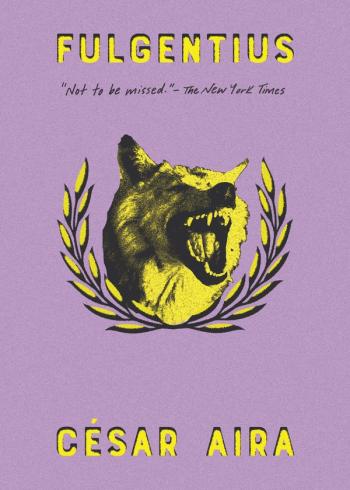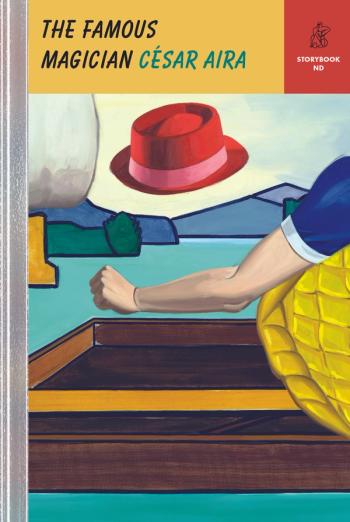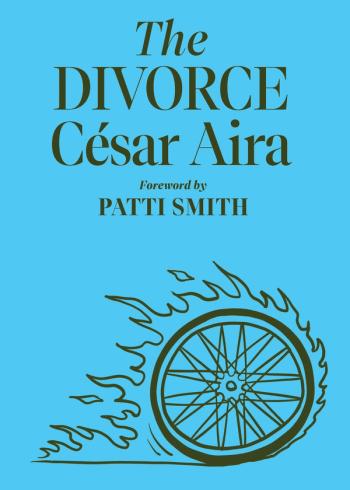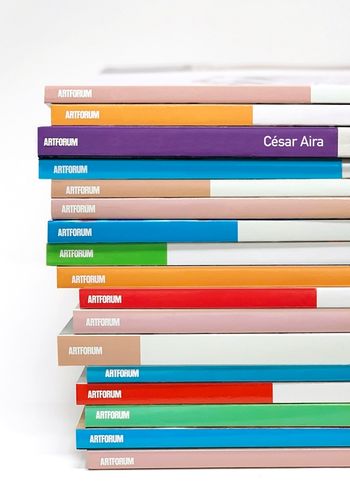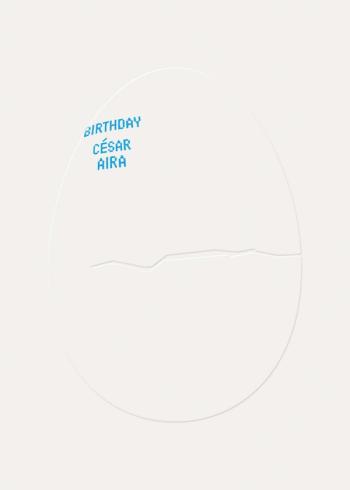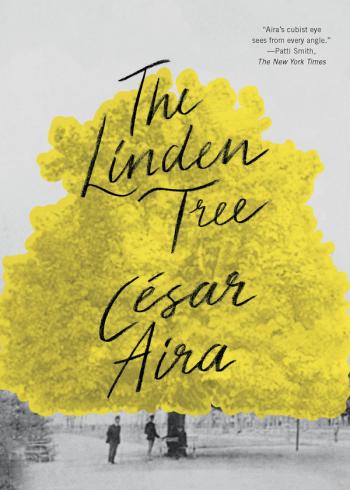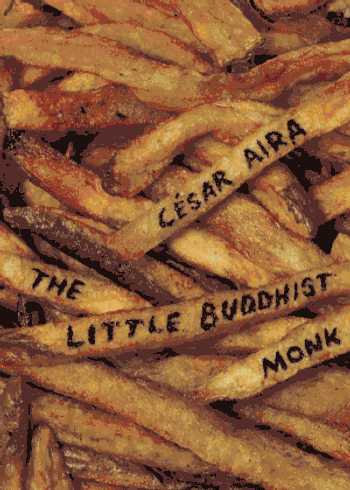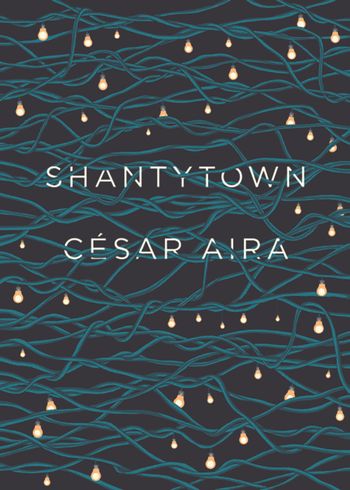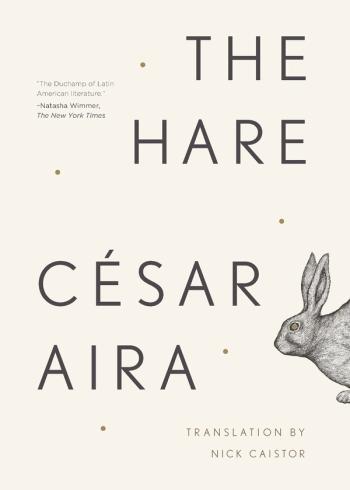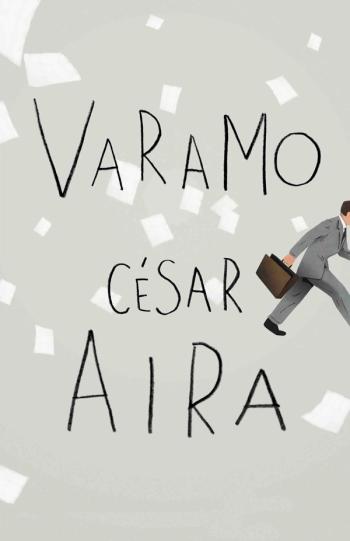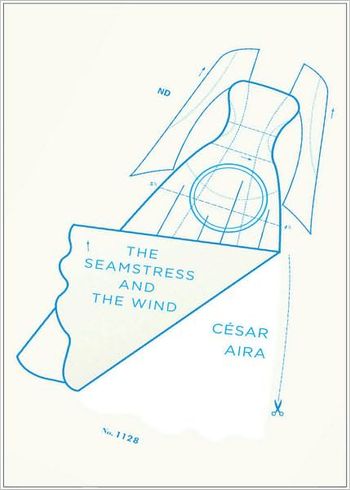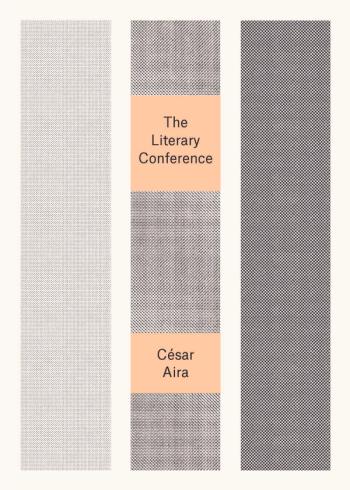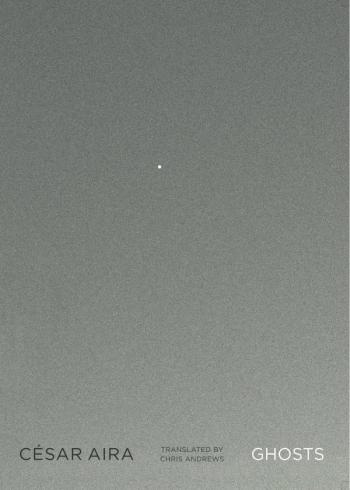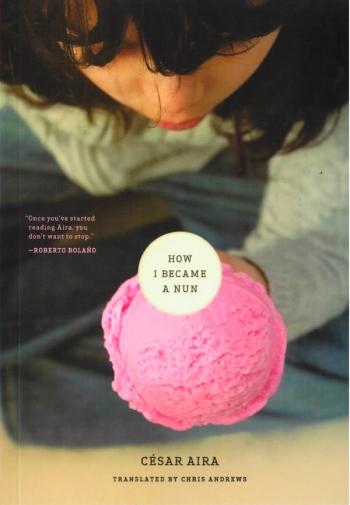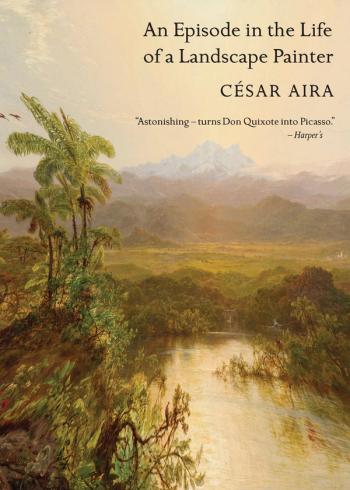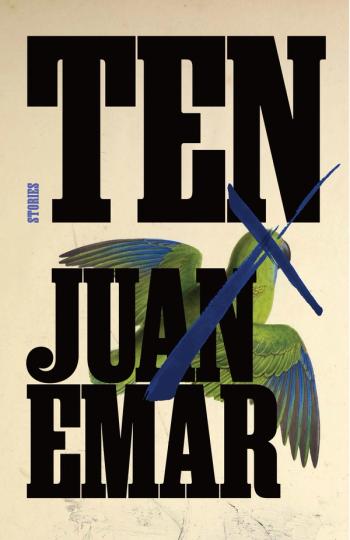As author
Festival & Game of the Worlds
Fulgentius
The Famous Magician
The Divorce
Artforum
Birthday
The Linden Tree
The Little Buddhist Monk & The Proof
Ema, the Captive
Dinner
The Musical Brain
Conversations
Shantytown
The Hare
The Miracle Cures of Dr. Aira
Varamo
The Seamstress and the Wind
The Literary Conference
Ghosts
How I Became a Nun
An Episode in the Life of a Landscape Painter
As contributor
César Aira
César Aira was born in Coronel Pringles, Argentina in 1949, and has lived in Buenos Aires since 1967. He taught at the University of Buenos Aires (about Copi and Rimbaud) and at the University of Rosario (Constructivism and Mallarmé), and has translated and edited books from France, England, Italy, Brazil, Spain, Mexico, and Venezuela. Perhaps one of the most prolific writers in Argentina, and certainly one of the most talked about in Latin America, Aira has published more than 100 books to date in Argentina, Mexico, Colombia, Venezuela, Chile, and Spain, which have been translated for France, Great Britain, Italy, Brazil, Portugal, Greece, Austria, Romania, Russia, and the United States. One novel, La prueba, has been made into a feature film, and How I Became a Nun was chosen as one of Argentina’s ten best books. Besides essays and novels Aira writes regularly for the Spanish newspaper El País. In addition to winning the 2021 Formentor Prize, he has received a Guggenheim scholarship, and was shortlisted for the Rómulo Gallegos prize and the Booker International Prize.


